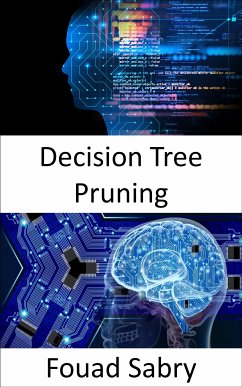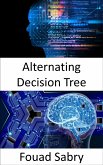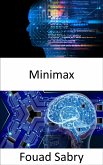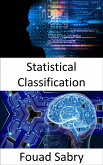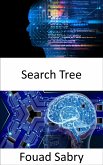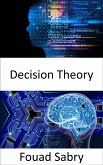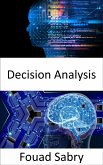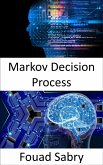In machine learning and search algorithms, pruning is a data compression approach that minimizes the size of decision trees by deleting sections of the tree that are non-critical and redundant to classify instances. This reduces the amount of data that has to be stored in the tree. The prediction accuracy is improved as a result of the reduction in overfitting brought about by the use of pruning, which brings about a simplification of the final classifier.
How You Will Benefit
(I) Insights, and validations about the following topics:
Chapter 1: Decision Tree Pruning
Chapter 2: Decision Tree Learning
Chapter 3: Data Compression
Chapter 4: Alpha-Beta Pruning
Chapter 5: Null-Move Heuristic
Chapter 6: Horizon Effect
Chapter 7: Minimum Description Length
Chapter 8: Bayesian Network
Chapter 9: Ensemble Learning
Chapter 10: Artificial Neural Network
(II) Answering the public top questions about decision tree pruning.
(III) Real world examples for the usage of decision tree pruning in many fields.
Who This Book Is For
Professionals, undergraduate and graduate students, enthusiasts, hobbyists, and those who want to go beyond basic knowledge or information for any kind of decision tree pruning.
What is Artificial Intelligence Series
The artificial intelligence book series provides comprehensive coverage in over 200 topics. Each ebook covers a specific Artificial Intelligence topic in depth, written by experts in the field. The series aims to give readers a thorough understanding of the concepts, techniques, history and applications of artificial intelligence. Topics covered include machine learning, deep learning, neural networks, computer vision, natural language processing, robotics, ethics and more. The ebooks are written for professionals, students, and anyone interested in learning about the latest developments in this rapidly advancing field.
The artificial intelligence book series provides an in-depth yet accessible exploration, from the fundamental concepts to the state-of-the-art research. With over 200 volumes, readers gain a thorough grounding in all aspects of Artificial Intelligence. The ebooks are designed to build knowledge systematically, with later volumes building on the foundations laid by earlier ones. This comprehensive series is an indispensable resource for anyone seeking to develop expertise in artificial intelligence.
Dieser Download kann aus rechtlichen Gründen nur mit Rechnungsadresse in A, B, BG, CY, CZ, D, DK, EW, E, FIN, F, GR, H, IRL, I, LT, L, LR, M, NL, PL, P, R, S, SLO, SK ausgeliefert werden.

